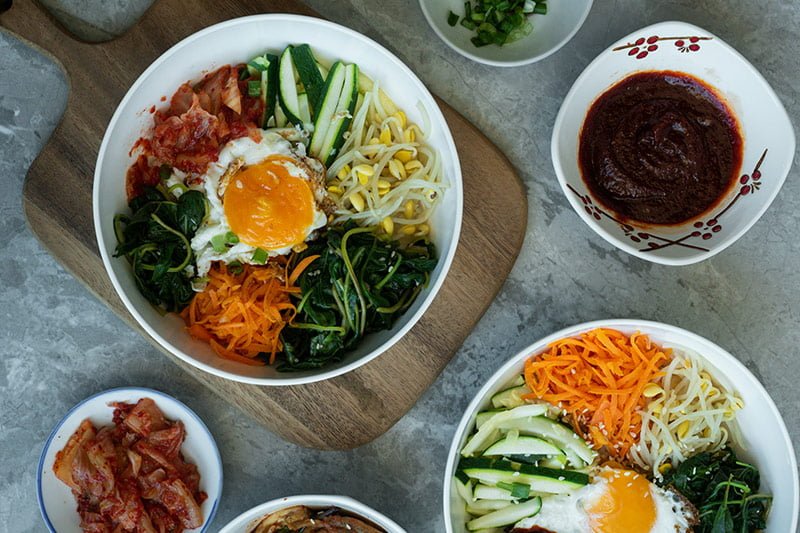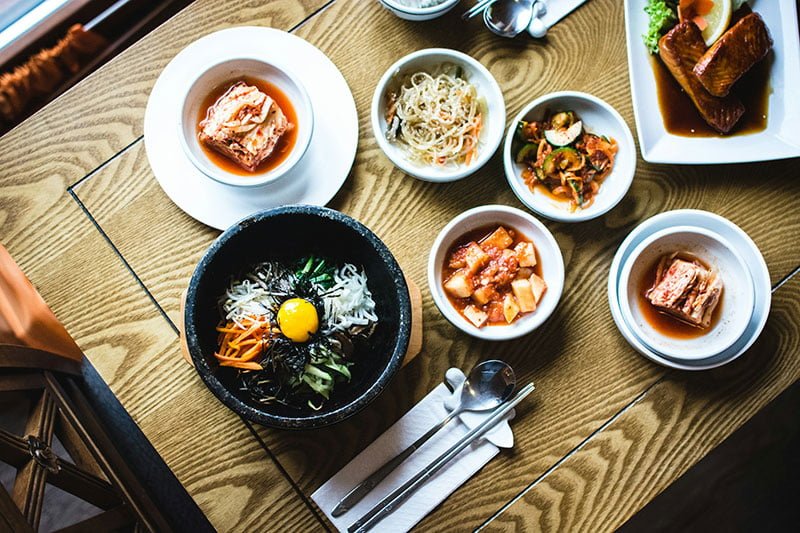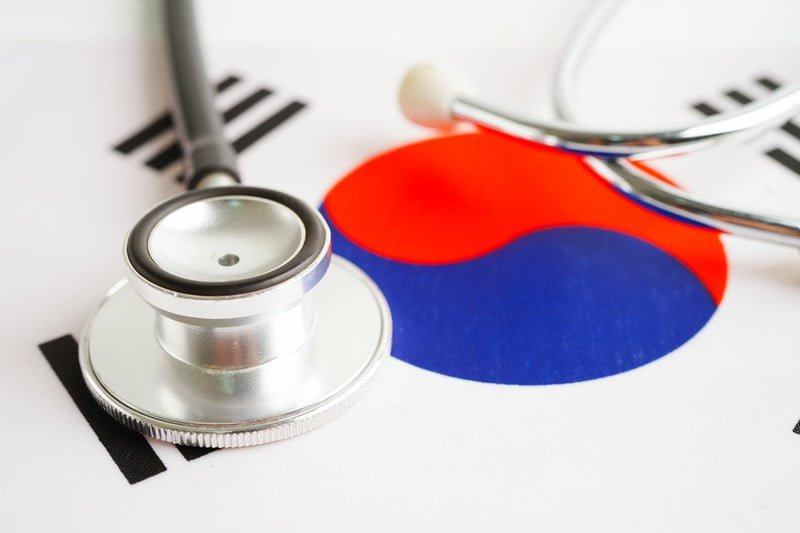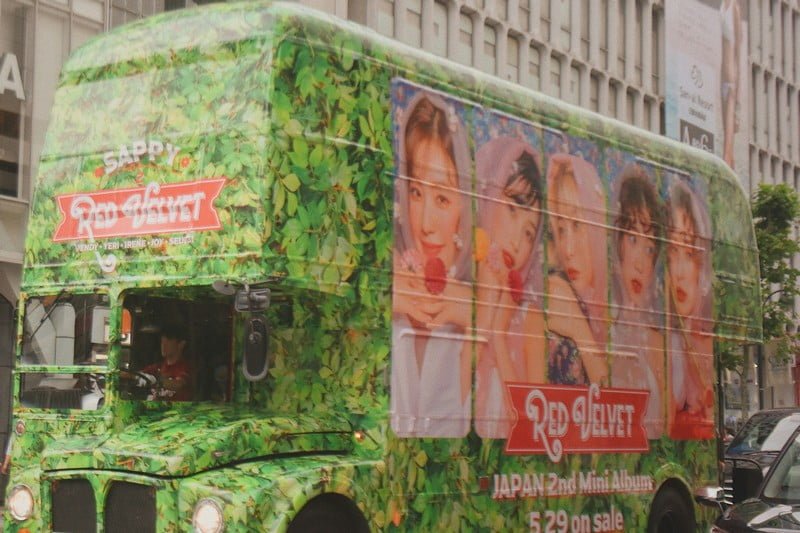Korean foods after plastic surgery plays a crucial role in ensuring optimal healing and recovery. Understanding the importance of diet in post-surgery recovery is essential for achieving the best results. Korean food, renowned for its balance and nutritional benefits, can significantly aid in the healing process after plastic surgery. This comprehensive guide explores the best Korean foods to eat after plastic surgery, the essential nutrients they provide, and tips for managing your post-surgery diet.
Importance of Diet in Post-Surgery Recovery
Diet is a critical component in the healing process after plastic surgery. The right foods can reduce inflammation, promote healing, and provide essential nutrients needed for tissue repair.
Protein is vital for tissue repair and collagen formation, while vitamins such as Vitamin C and Vitamin A are crucial for collagen production and skin health, respectively.
Minerals like zinc and iron play a significant role in wound healing, and staying hydrated is essential to keep tissues healthy and support overall recovery.
Benefits of Korean Foods for Post-Surgery Recovery
Korean foods are not only delicious but also packed with nutrients that support recovery. Traditional Korean dishes often include ingredients known for their healing properties, such as seaweed, ginseng, and various fermented foods. These foods are rich in essential nutrients and provide a balanced diet that aids in faster and more effective recovery.
Essential Nutrients for Healing
Incorporating a variety of nutrients is essential for your post-surgery recovery. Protein from sources like fish, tofu, eggs, and chicken aids in tissue repair.
Vitamin C, found in fruits like oranges and strawberries, and Vitamin A, present in leafy greens and colorful vegetables, are crucial for collagen production and skin health.
Glutamine supports immune function and is found in meats and dairy, while omega-3 fats, known for their anti-inflammatory properties, are abundant in fish and nuts.
Also, hydration is equally important, so drink plenty of water and herbal teas.
Foods to Avoid After Plastic Surgery
Certain foods can hinder the healing process and should be avoided. Alcohol can also interfere with medications and dehydrate the body, while smoking impairs blood flow and slows down healing.
Spicy foods can cause irritation, and fried and greasy foods are hard to digest and can cause inflammation.
Additionally, chewy and hard foods can stress the surgical area, especially after facial surgery.
Week-by-Week Food Recommendations
The recovery diet after plastic surgery should be approached in stages to ensure comfort and promote healing.
Week 1: Liquid and Soft Foods
In the first week, focus on hydrating and easy-to-digest foods. Milk provides calcium and protein, while yogurt contains probiotics for gut health. Juices and smoothies are hydrating and nutrient-rich, and porridge (죽) is easy to digest and soothing. Also, Eggs, high in protein, are also easy to prepare.
| Food | Benefits |
|---|---|
| Milk | Provides calcium and protein |
| Yogurt | Contains probiotics for gut health |
| Juices and Smoothies | Hydrating and nutrient-rich |
| Porridge (죽) | Easy to digest and soothing |
| Eggs | High in protein and easy to prepare |
Week 2: Soft and Easily Digestible Foods
As your recovery progresses, you can introduce more solid foods that are still gentle on the digestive system. Fish is rich in protein and omega-3 fats, while tofu provides a plant-based protein source. Rice is also easy to digest and provides energy, and soups and stews, such as Samgyetang (ginseng chicken soup), are hydrating and nutrient-rich.
| Food | Benefits |
|---|---|
| Fish | Rich in protein and omega-3 fats |
| Tofu | High in protein and easy to digest |
| Rice | Provides energy and is easy to eat |
| Soups and Stews | Hydrating and nutrient-rich |

Top 10 Korean Foods to Eat After Plastic Surgery
Incorporating traditional Korean foods into your post-surgery diet can significantly enhance your recovery.
1. Seaweed Soup (Miyeokguk)
Seaweed soup is high in iodine and minerals, helping to reduce swelling and promote healing. Its nutritional profile includes iodine, calcium, and various vitamins, making it an excellent choice for recovery.
2. Ginseng Chicken Soup (Samgyetang)
Ginseng chicken soup boosts the immune system and provides energy. This nutritious dish includes ginseng, chicken protein, and various herbs known for their healing properties.
3. Kimchi
Kimchi is rich in probiotics, which support gut health and overall wellness. It is also packed with vitamins A, B, and C, making it a great addition to your post-surgery diet.
4. Bibimbap
Bibimbap is a balanced meal that offers a variety of nutrients from its assorted vegetables and meat. It is a nutrient-dense option that supports overall recovery.
5. Pumpkin Porridge (Hobakjuk)
Pumpkin porridge is soothing and easy to digest, making it an ideal food during recovery. It is rich in vitamins A and C, and fiber.
6. Red Bean Porridge (Patjuk)
Red bean porridge is another easy-to-digest option that is rich in antioxidants. Its nutritional profile includes fiber, protein, and various antioxidants that support healing.
7. Grilled Eel (Jangeo-gui)
Grilled eel is high in omega-3 fats and protein, which are essential for reducing inflammation and promoting tissue repair.
8. Ox Bone Soup (Seolleongtang)
Ox bone soup is rich in collagen and minerals, which are crucial for skin and tissue health.
9. Watermelon Punch (Subak Hwachae)
Watermelon punch is hydrating and rich in vitamins, particularly vitamins A and C, making it a refreshing and nutritious option for recovery.
10. Corn Silk Tea (Oksusu Suyeomcha)
Corn silk tea helps reduce swelling and acts as a diuretic, supporting overall recovery.
Additional Healthy Korean Foods to Consider
In addition to the top 10 Korean healing foods, other healthy foods can aid in your recovery:
- Chicken and Fish: Lean protein sources.
- Dairy and Yogurt: Calcium and probiotics.
- Whole Grains & Seeds: Fiber and essential nutrients.
- Dark Leafy Vegetables: Rich in vitamins and minerals.
- Bright Colored Fruits: Antioxidants and vitamins.
- Eggs: Protein and essential fats.
- Nuts: Healthy fats and protein.
- Avocado: Healthy fats and fiber.
- Anti-inflammatory Spices: Turmeric, ginger, and others.
Where to Buy Suitable Foods in Korea
Finding the right foods for your recovery diet is easy in Korea. Convenience stores like GS25, 7/11, and CU offer a variety of options.
Korean diners and restaurants provide traditional meals that can support your recovery. Also, local marts and supermarkets are great places to find fresh produce and ingredients.
Tips for Managing Diet-Related Complications
Managing your diet after surgery can help prevent complications and ensure a smooth recovery:
- Hydrate: Drink plenty of water and herbal teas.
- Balance Your Diet: Include a variety of nutrients in your meals.
- Monitor Portion Sizes: Eat small, frequent meals to avoid overloading your digestive system.
- Avoid Irritants: Stay away from spicy, fried, and greasy foods.
- Follow Your Surgeon’s Advice: Adhere to any specific dietary recommendations provided by your healthcare provider.
Incorporating the right Korean foods after your plastic surgery diet can significantly enhance your recovery process. Focus on nutrient-dense, easily digestible, and hydrating foods to promote healing and reduce inflammation. Always follow your surgeon’s dietary guidelines and listen to your body’s needs.



